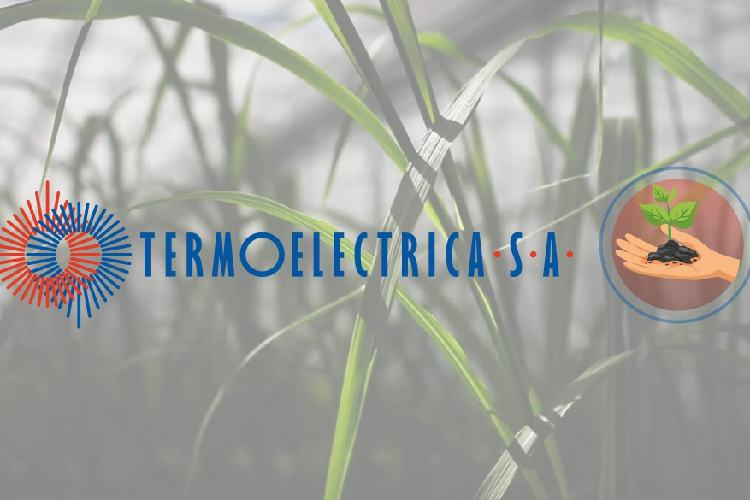
Termoelectrica plans to diversify the used sources of energy by producing heat from biomass. The team is considering solutions by which to increase the consumers’ comfort and to contribute to providing sustainable and eco-friendly heating services, IPN reports, quoting a press release of the company.
Termoelectrica plans to launch a project to produce heat from biomass at its suburban thermal power stations. The new ecological technologies that are to be applied during the next few years will enable to supply a large number of consumers with head, namely 5,500 apartments, 110 houses, 40 enterprises, 12 public kindergartens, 25 education institutions and eight health facilities.
To prove the efficiency of this initiative, Termoelectrica became partner of a unique pilot project in Moldova, alongside the Institute of Genetics, Physiology and Plant Protection (IGFРP) and Terravesta Ltd of the UK, which envisions the introduction of the energy plant Miscanthus in heat production in centralized heating systems.
The given initiative became the winner of a contest of innovation and technology transfer projects organized by the National Agency for Research and Development and is to be equally co-financed by Termoelectrica and with state budget funds.
Termoelectrica will purchase the equipment needed to generate heat so as to ensure the necessary comfort in winter at the IGFPP, while the state budget funds will be used to cover the costs associated with the technological process for preparing the fuel. The pilot project’s investments total about 1.7 million lei.
Termoelectrica director general Veaceslav Eni said this technical solution matches the strategic view for the extension of production and supply of heat in a centralized way. It enables to increase the quality of the services provided for particular categories of consumers who are not supply with heat in a proper way because they live on the periphery of Chisinau municipality.
IGFPP director Larisa Andronic noted the use of Miscanthus in biofuel production will bring good results in moving towards technical solutions and a circular economy. “The experimental lot created with support from the British partners, which includes the most promising genotypes, will serve as a basis for implementing the pilot technology transfer project together with Termoelectrica, which will prove the efficiency of the connection between research and production,” stated Larisa Andronic.
Anatolii Sandu, of Terravesta R&D in Southeastern Europe and the CIS, said that the broad use of this energy solution will reduce the dependence on imported fuel. “Miscanthus is a rentable and sustainable plant that will bring only benefits to the environment and will reduce our dependence on fossil fuels,” he noted.
Miscanthus is a multiannual energy plant that is widely used as biofuel in producing heat in many European countries.

